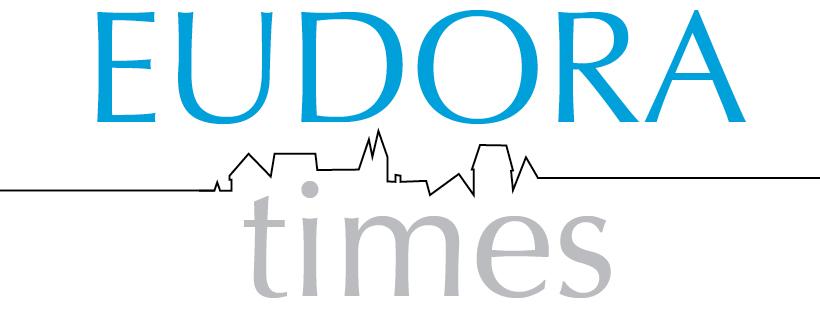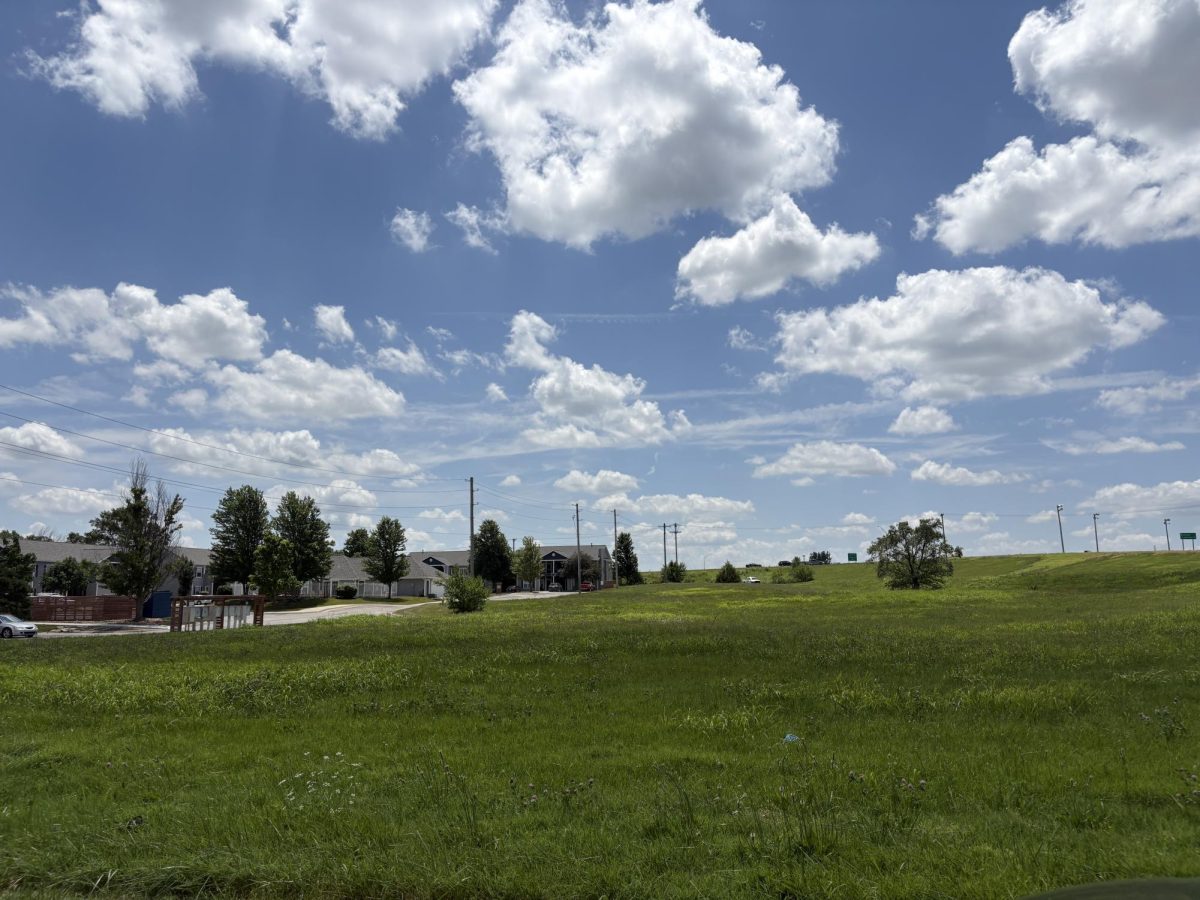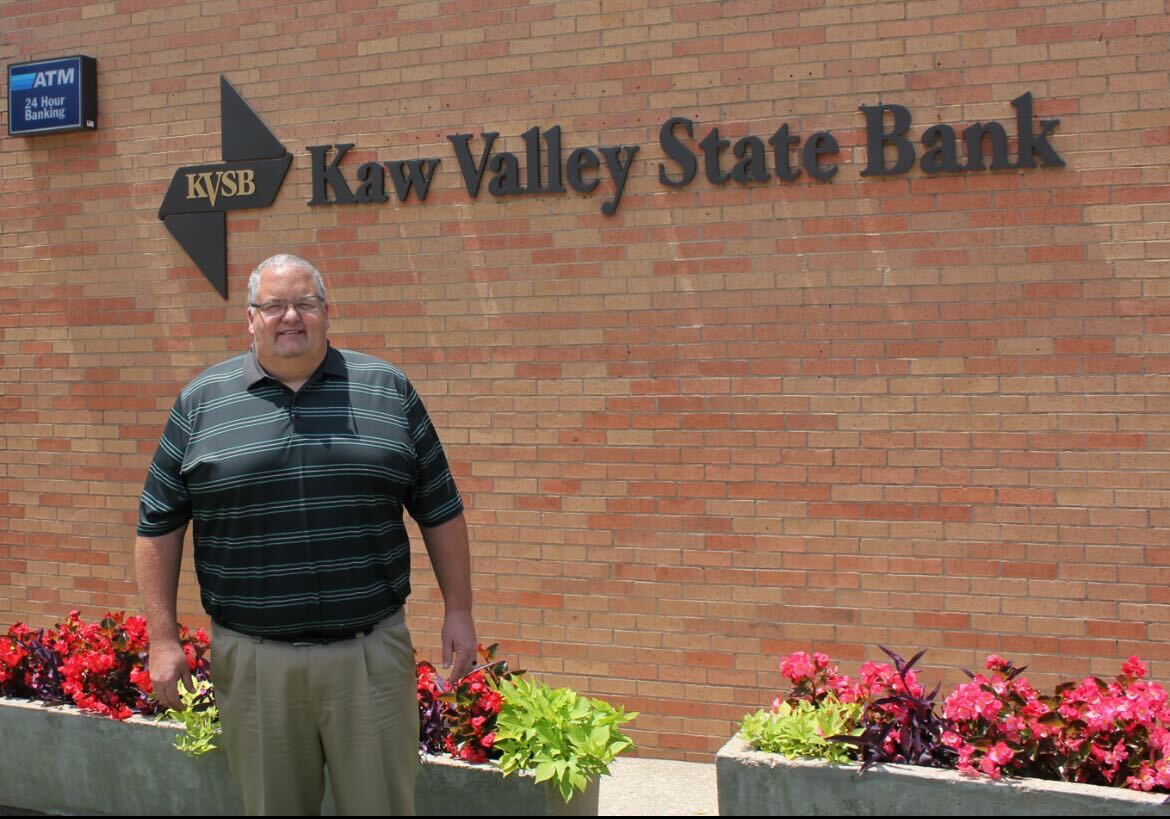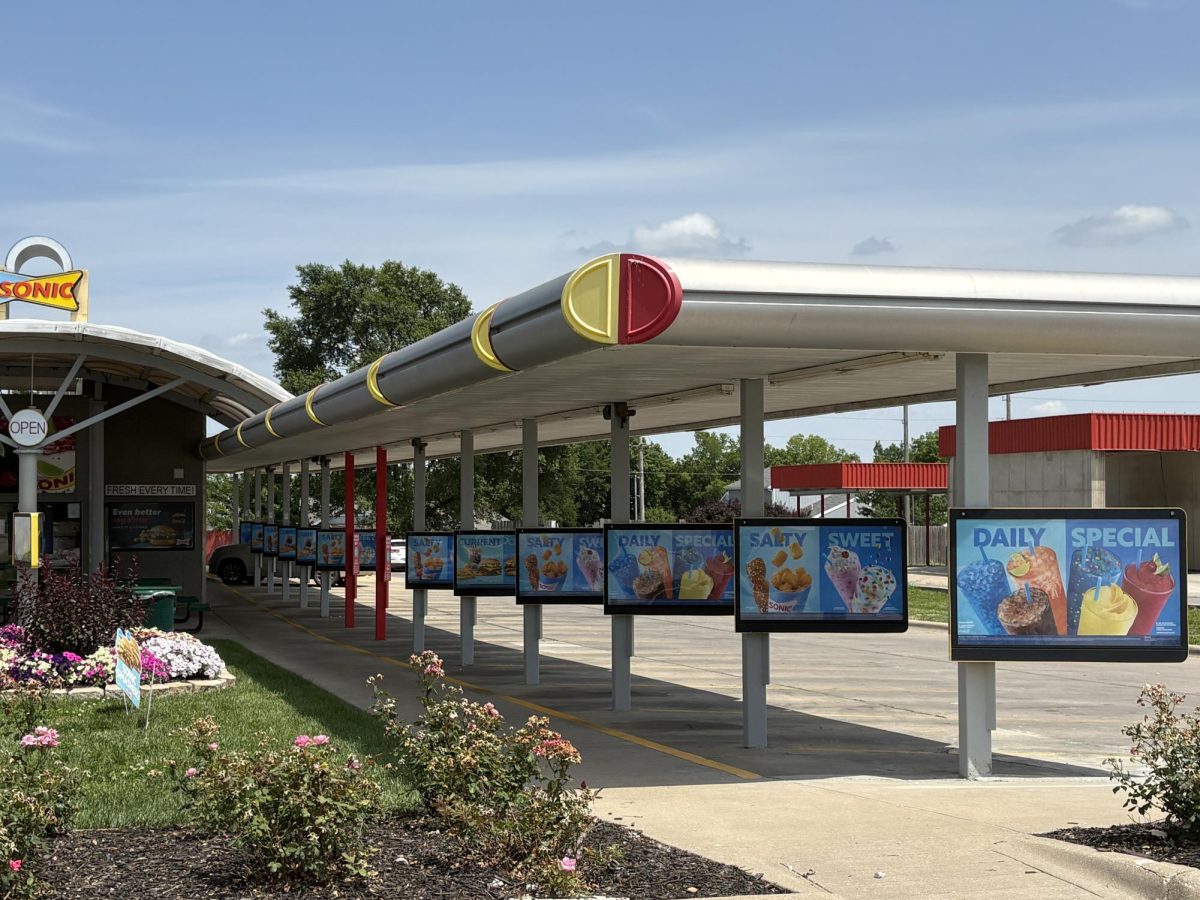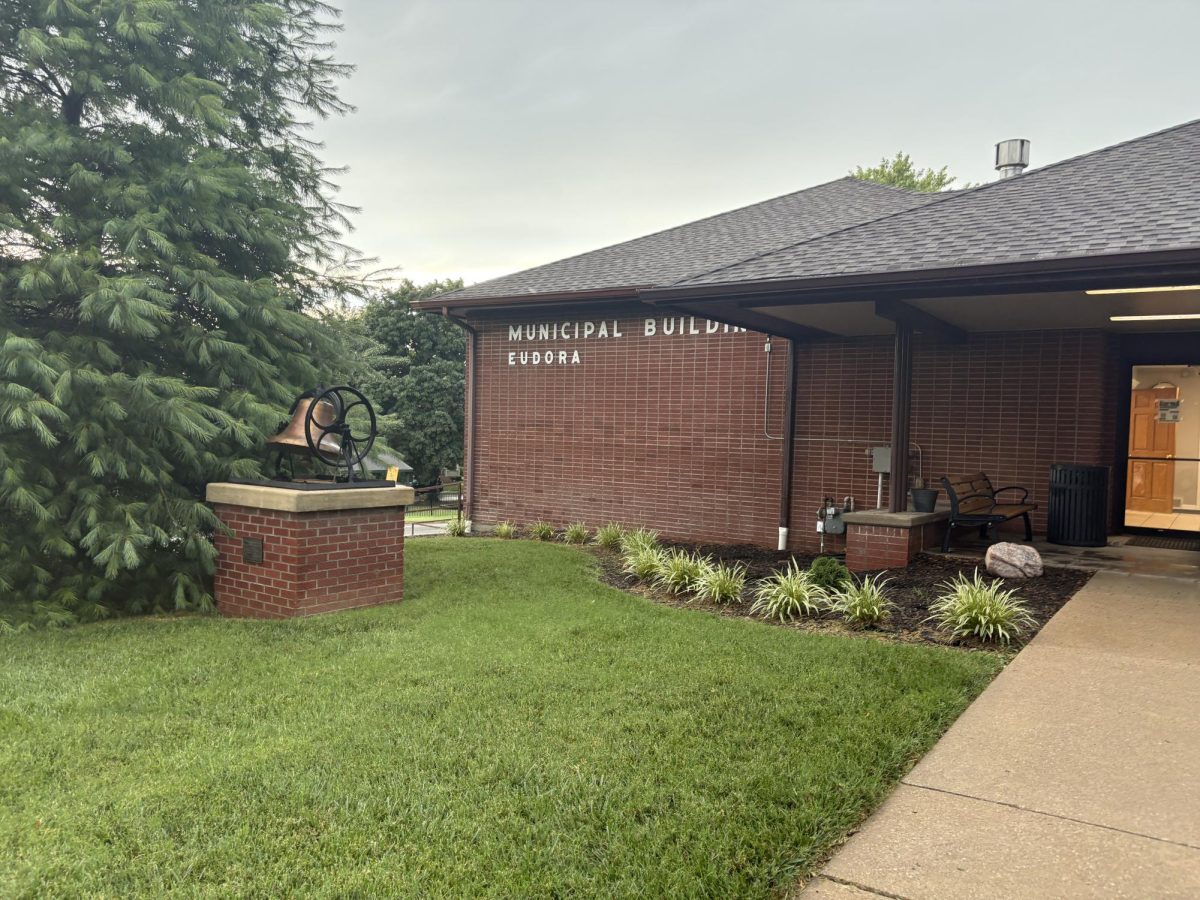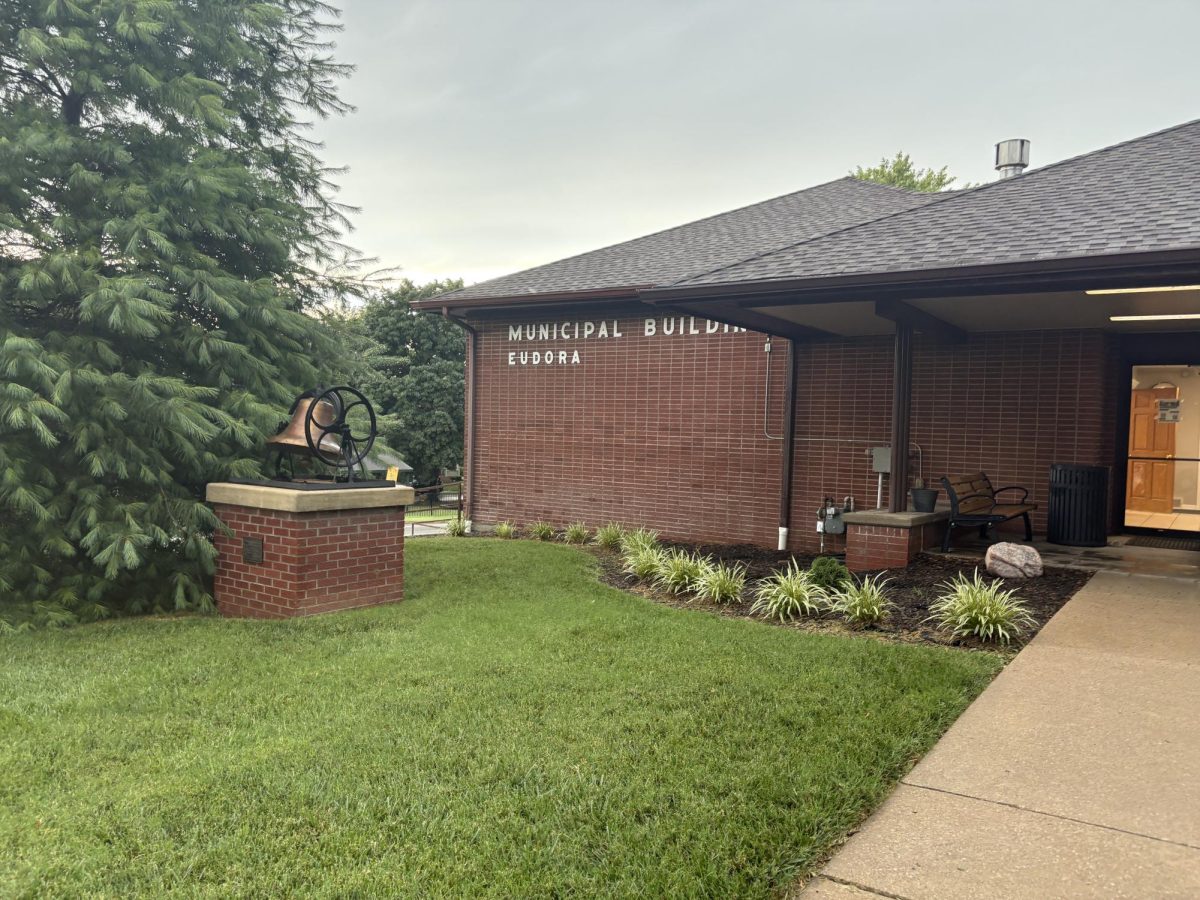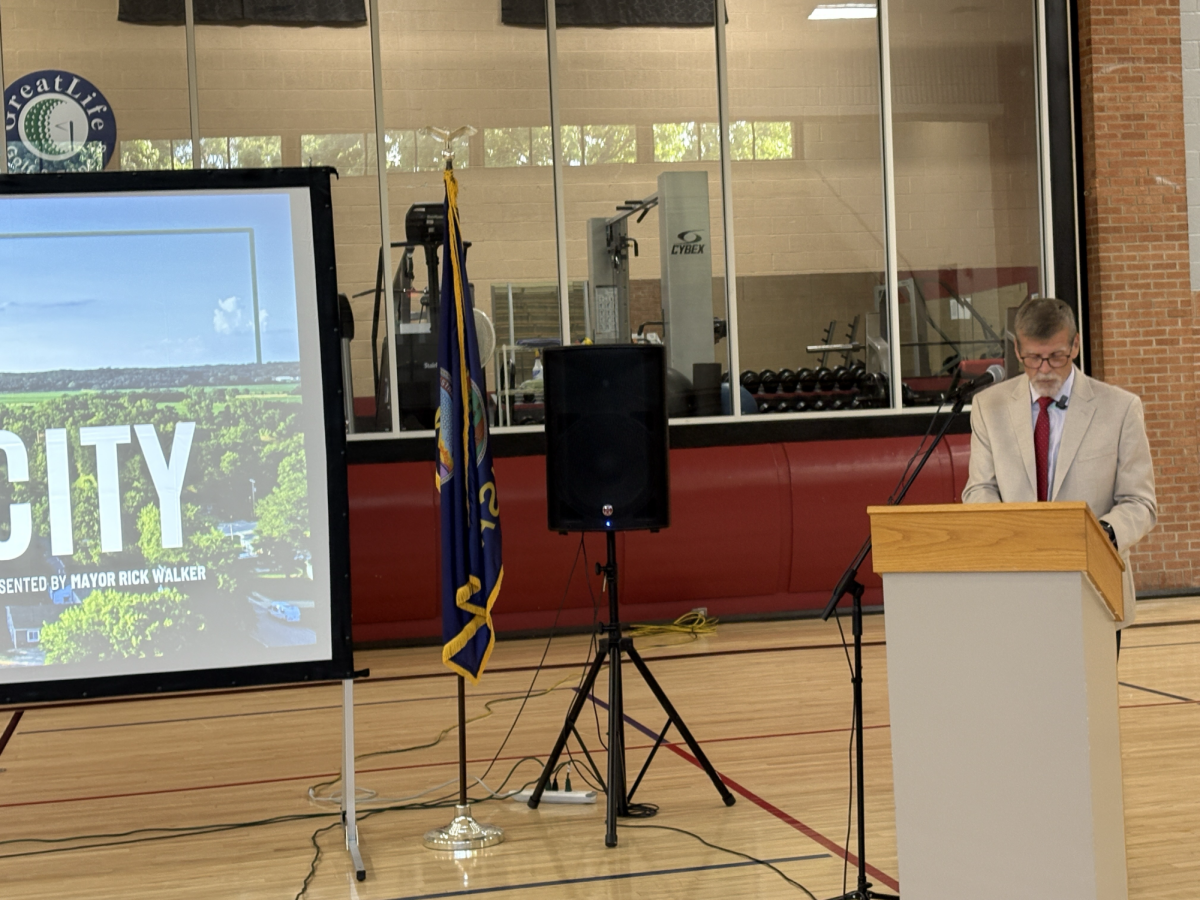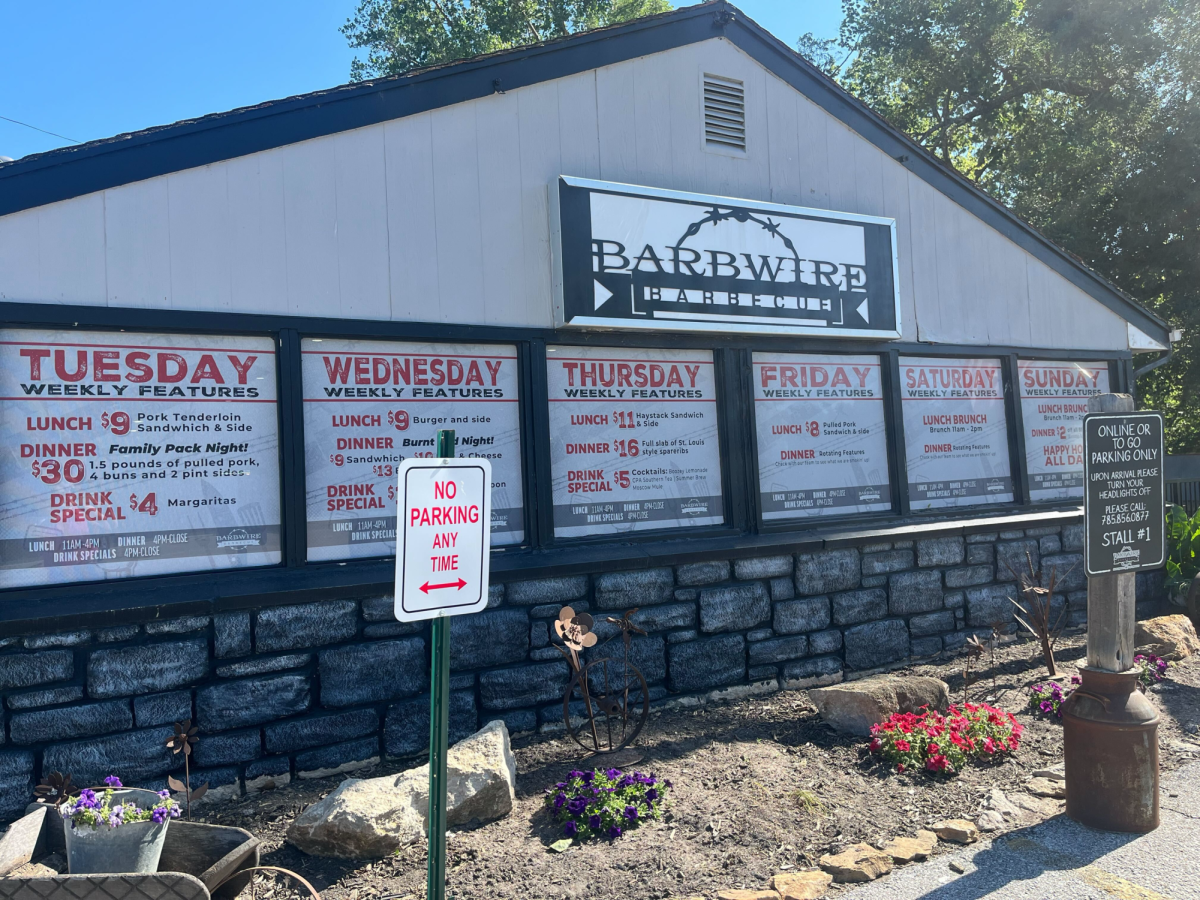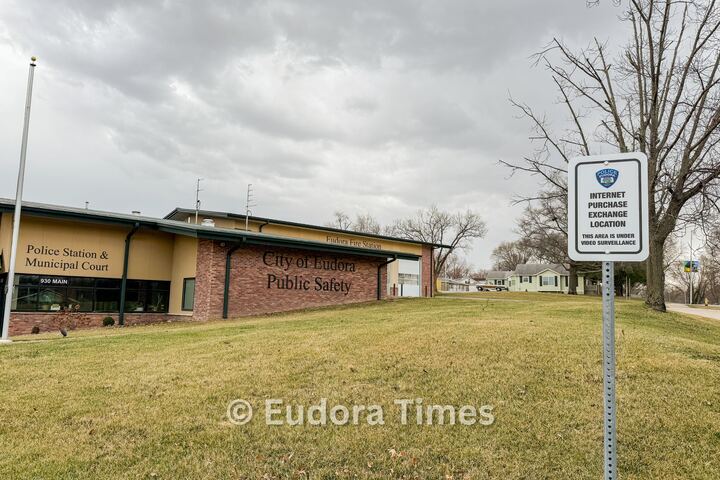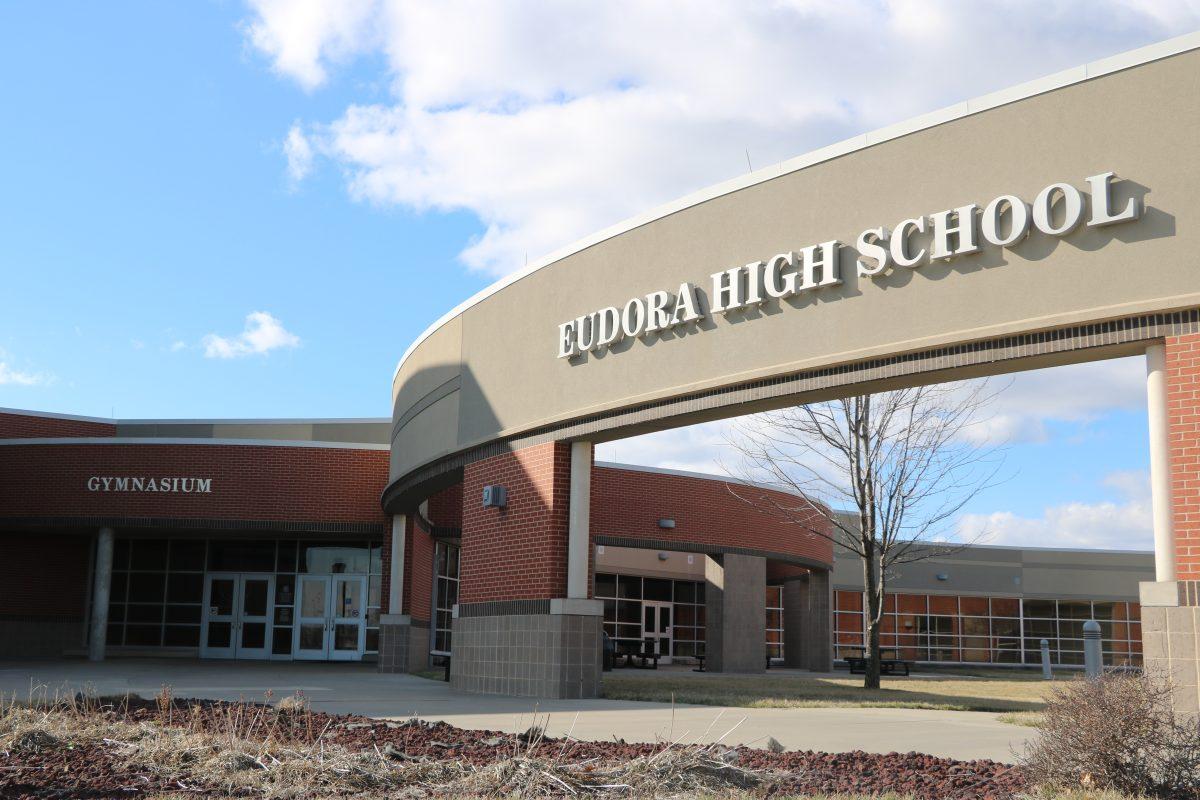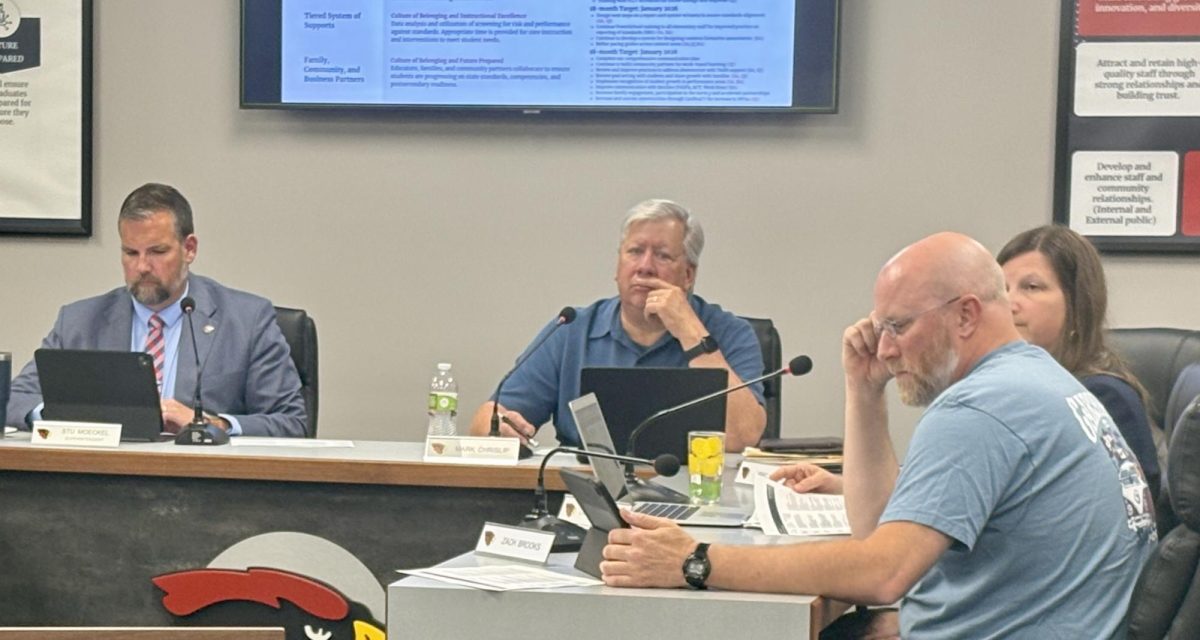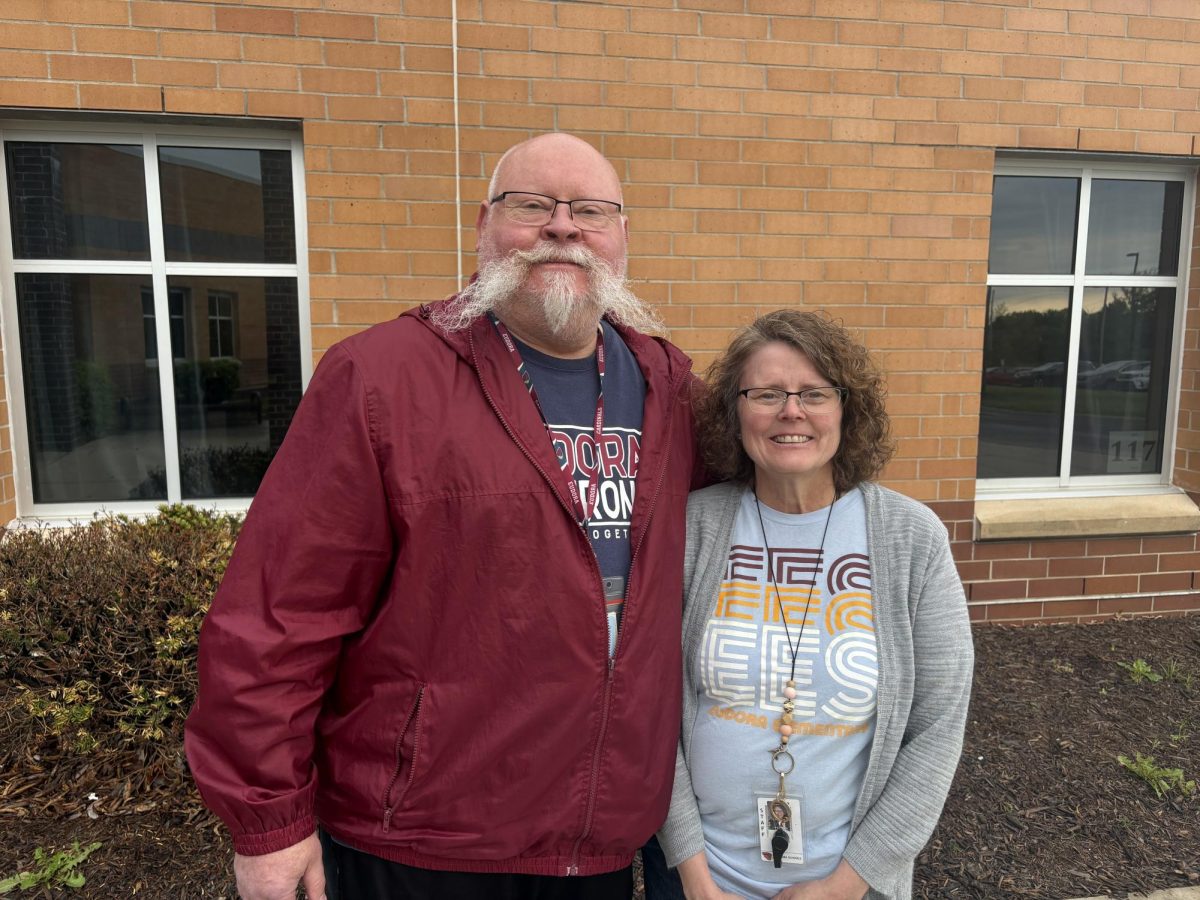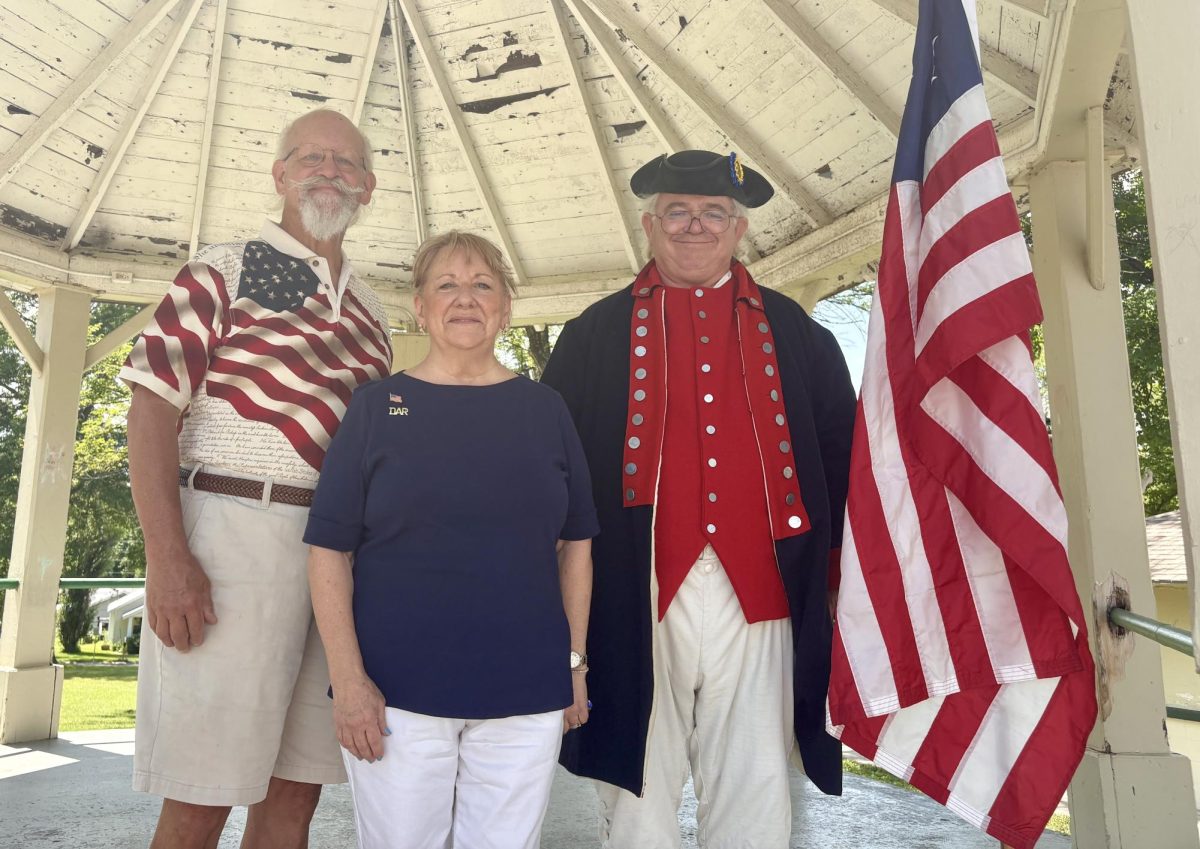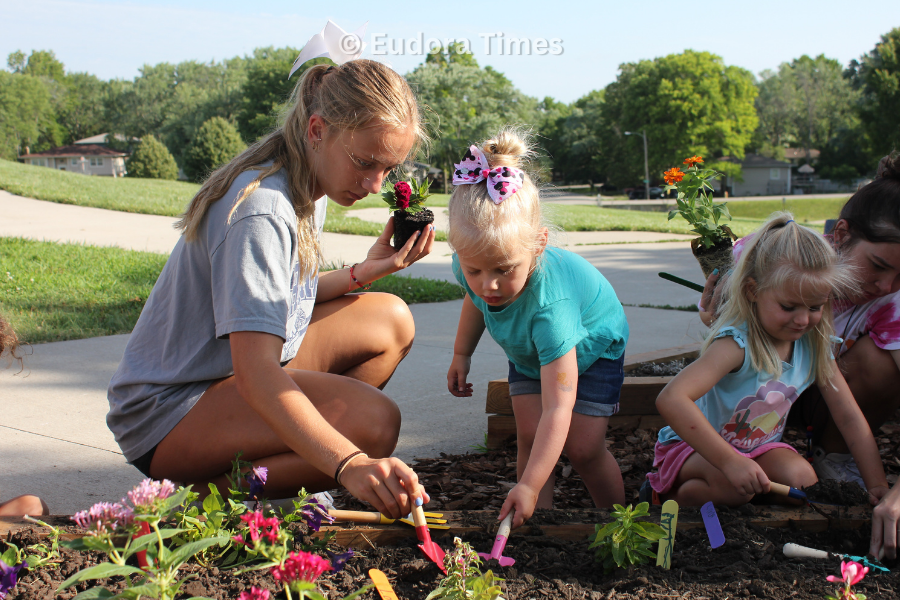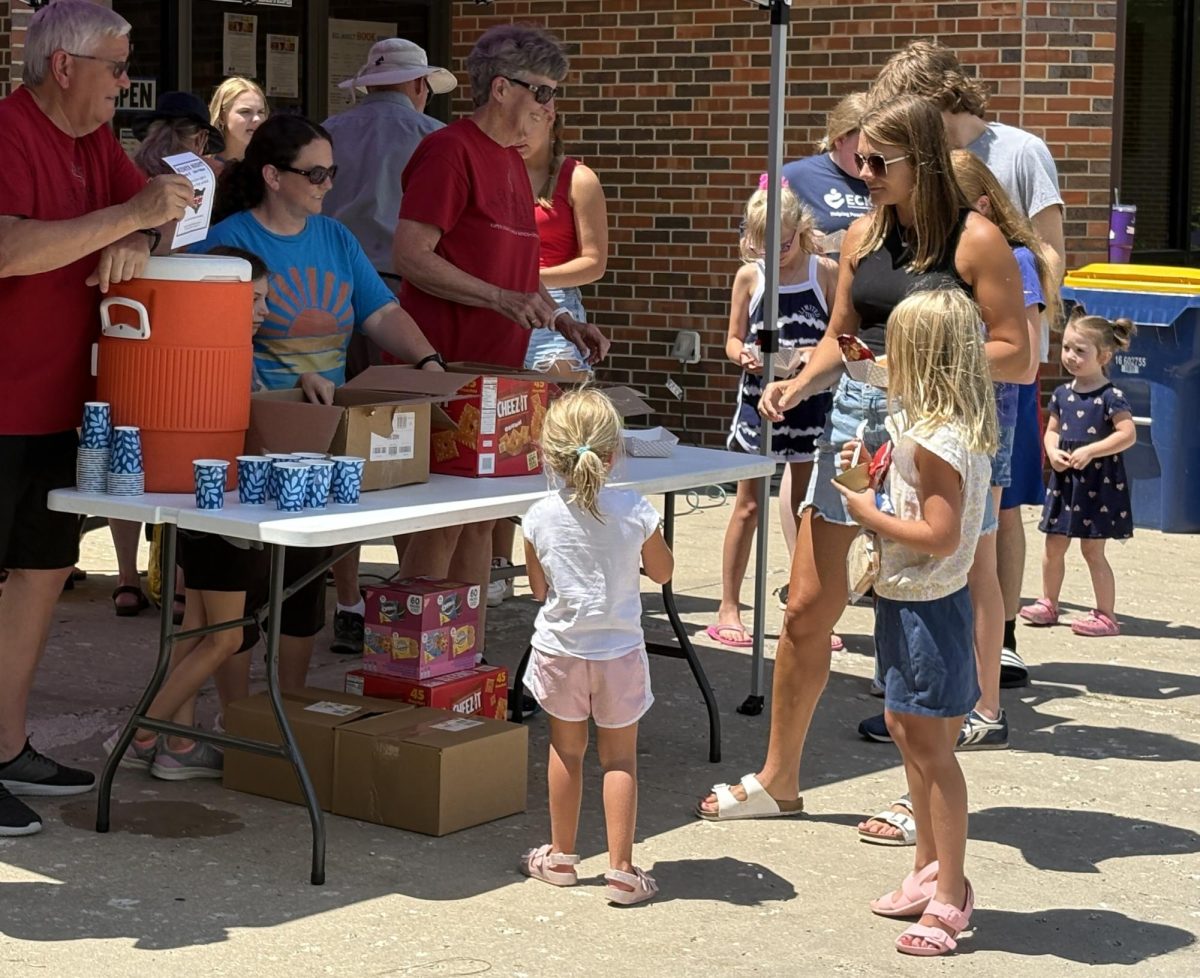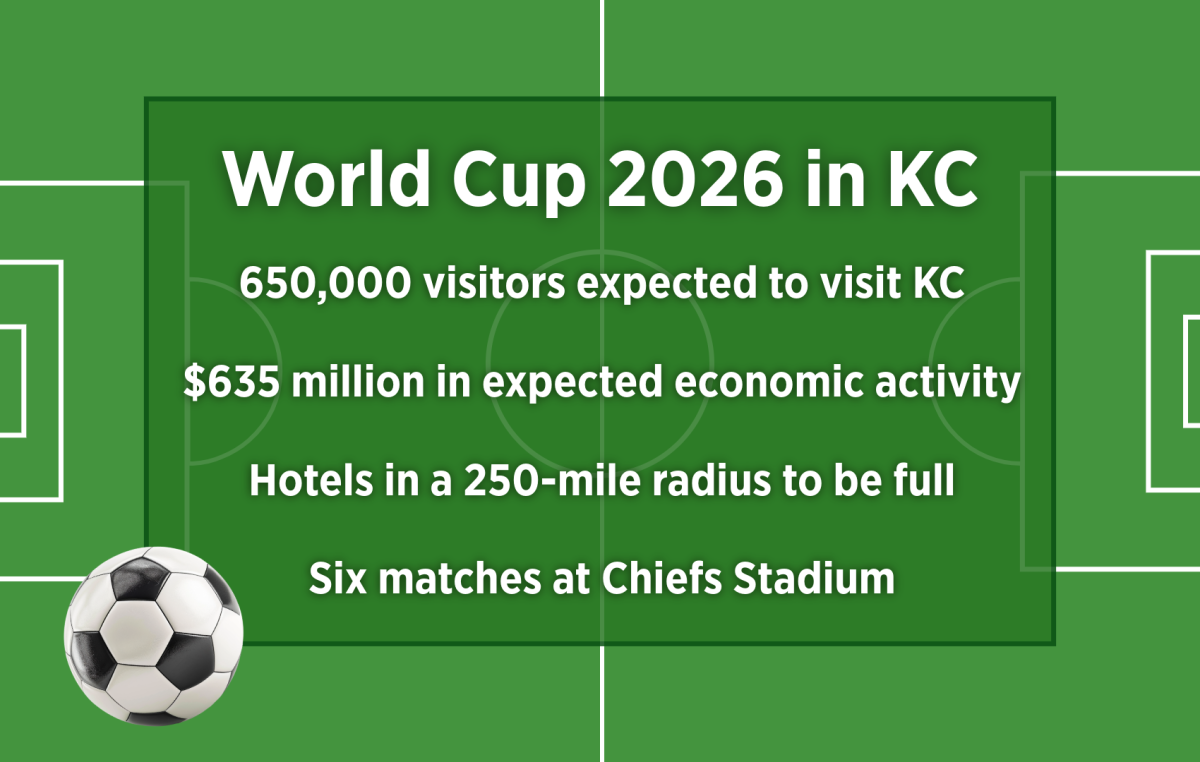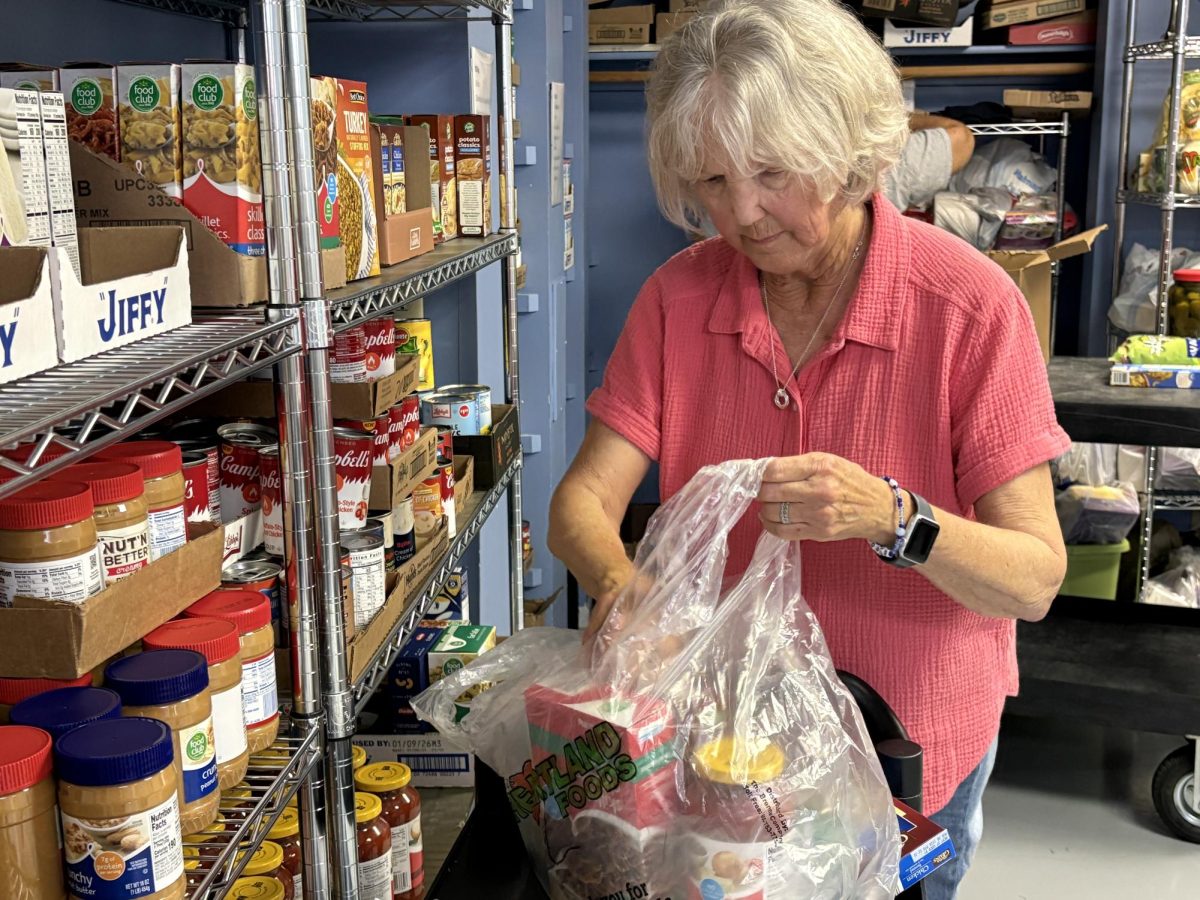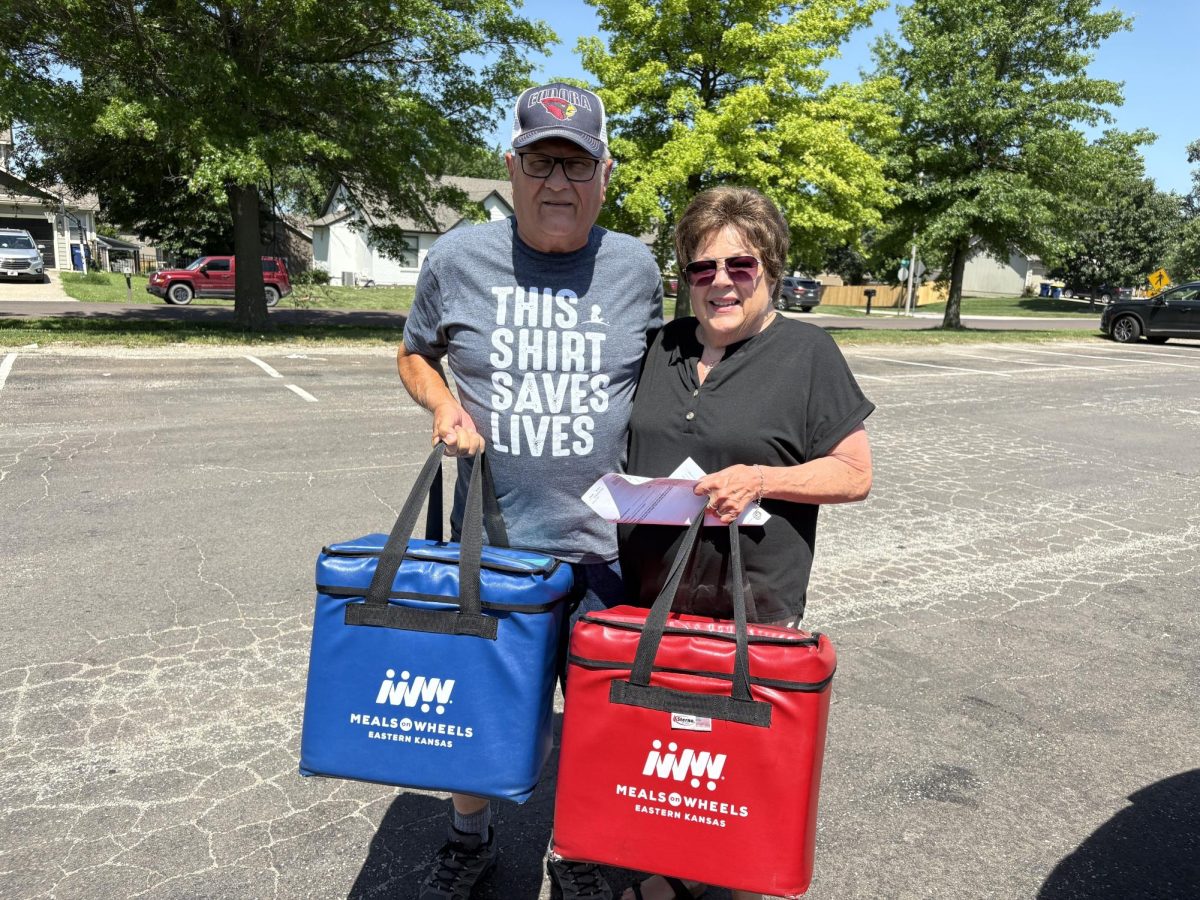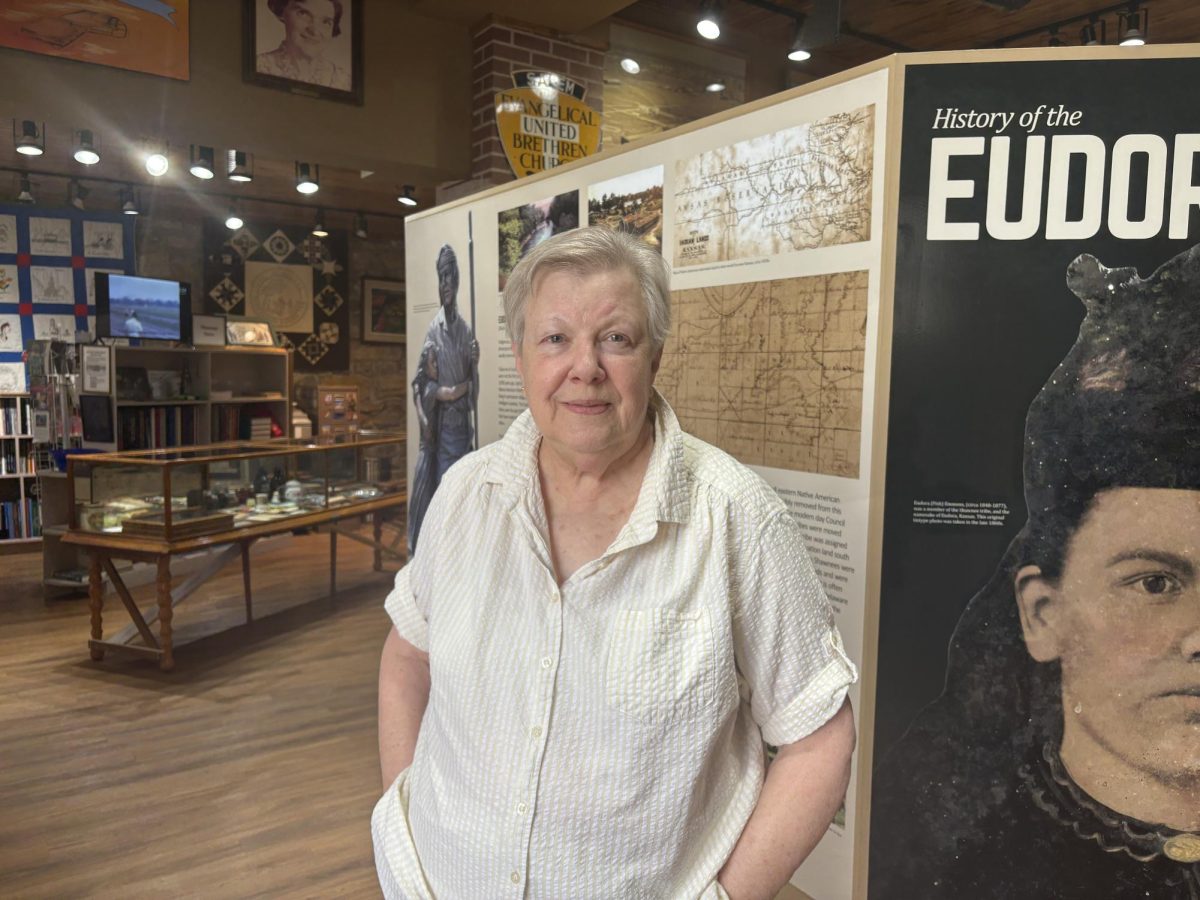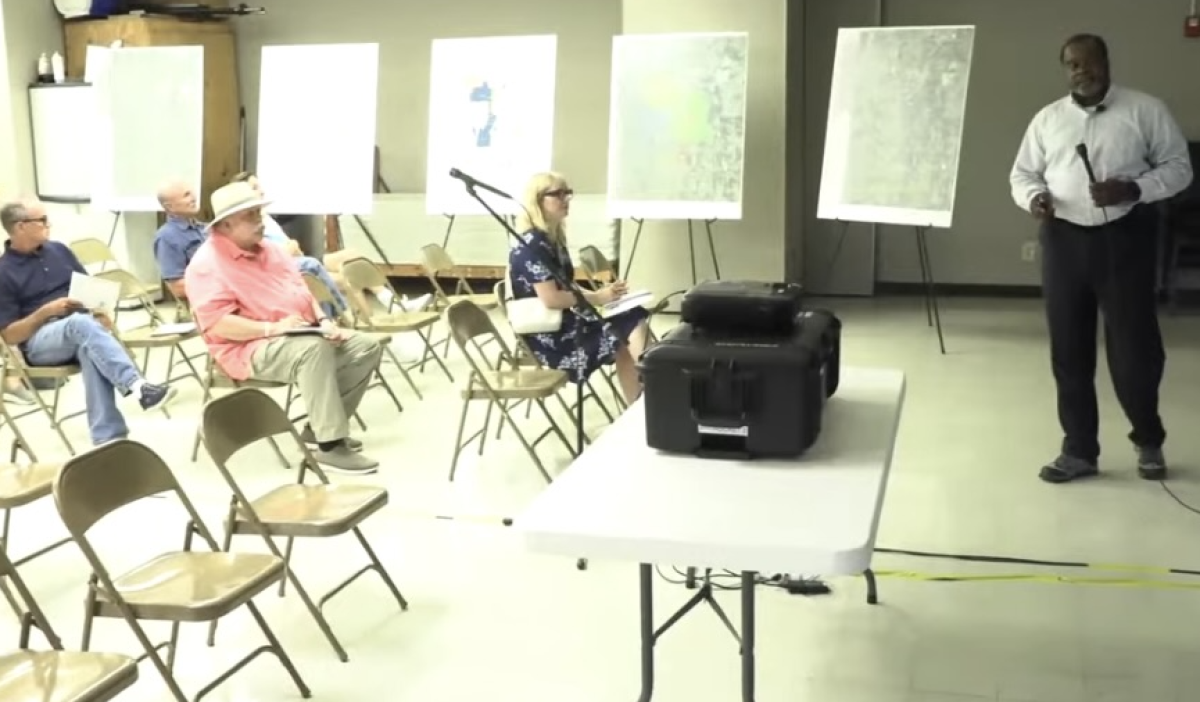The U.S. Army has requested another $40 million to aid cleanup at the site of the former Sunflower Ammunition plant as it continues to hope to finish the work by 2028.
At a public meeting in De Soto Wednesday night, officials provided an annual update on how the process is going and the establishment of an advisory board.
Ian Thomas, Sunflower Ammunition Plant clean-up program manager, said they will continue trying to get the funding they need.
“We expect to get the funding, but again anything can happen,” he said. “With the environment – the fiscal environment the way it is, it wouldn’t be a stretch to say that we may have to take a backseat to some of the higher priorities within the Department of Defense.”
It has given out 14 contracts that total over $200 million to help clean both the soil and groundwater at the site. The Army will need more funds to complete remaining work within the next 12-18 months.
The Sunflower Ammunition Plant was the largest powder and propellant plant and provided ammunition for World War II and the Vietnam War. The land was transferred to Sunflower Redevelopment LLC in 2005, then in 2015, the Army became responsible for the site’s cleanup under federal law.
Remediation efforts started in 2015 after the 9,000-acre plant was closed in the late ‘90s.
During Wednesday’s meeting, Thomas was asked what the community could do to make sure work gets completed as soon as possible.
“The only thing that I see the community can do is just to, you know, talk to their local officials who then talk to the state officials and federal officials to say, ‘Hey, we have some progress that has occurred over the last 10-15 years hopefully that progress is not stunted by lack of fundings,’” Thomas said.
From the start, there were 97 sites that needed various corrective actions due to contamination. About 56 of those are complete and 41 are at various stages of remediation. Groundwater studies are also ongoing for the next four years.
At last summer’s update, Thomas said 19 sites were clean with no further action with another 14 awaiting approval from the Kansas Department of Health and Environment. There were 62 in various stages that still needed work. The site of the Panasonic plant was prioritized to be finished so construction could begin.
After the Army previously tried to establish a restoration advisory board, not enough people were interested. Now, it feels confident there is enough interest to move forward.
Thomas said he expects the first board meeting to be in late October or early November. Those residents and officials will give input on the project and express concerns throughout the next several years of progress.
Thomas was asked if the clean-up was being done to residential or commercial standards.
Some of the property that is owned by Sunflower Redevelopment is going to be used by Johnson County and other sections will be used by KU and K-State. The property owner’s plan also includes some residential sections.
Thomas said that while some of the area is being done to an industrial standard – like most of the Panasonic area was – there is also a lot being completed to a residential standard.
“So for the most part, we decided that – Sunflower has a comprehensive land use plan that calls for a mixture of industrial, commercial [and] residential areas. We initially talked and executed cleanup based on those three areas, but over time, we defaulted to the residential standard level. So a lot of what we have done within the last six years have been cleaned up to residential standards,” he said.
Another audience question asked where the truckloads of contaminated soil go when they leave the site.
Thomas said before the soil or concrete leave the site, the contaminants are already off the substances by being burned off or other means. He said they are then taken to a Johnson County landfill.
More information about the project can be found here : https://aec.army.mil/sfaap. Concerns or questions can be sent to this email: [email protected]
